A children’s guide to adoption
Adoption can be a worrying and sometimes scary time for children; moving to a new home, with a new family and most likely in a new area. Children will need reassurance and time to process this information. Whilst extensive work is undertaken, this online guide will help foster carers, social workers and adopters support children as they prepare to move, and encourage them to talk about their feelings.
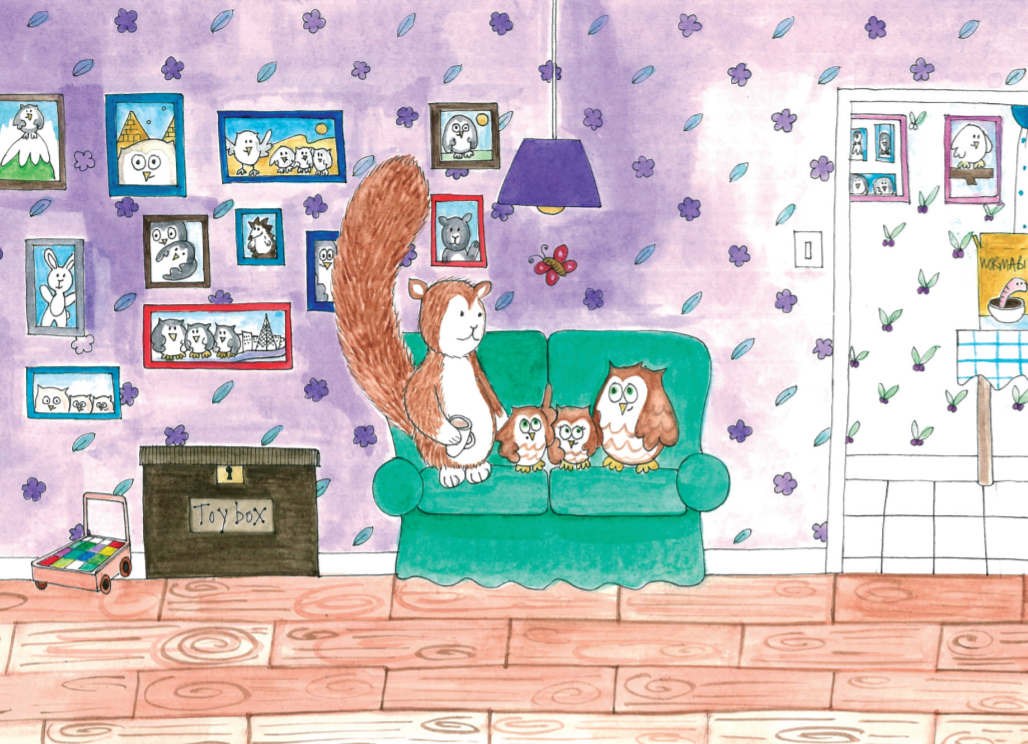
Omar the Owl
Here is the story of how Omar and his brother and sister move from the love and care of their foster carers to their new adoptive parents. It addresses the anxiety Omar is feeling and how the work of the social worker, the foster carer and the judge help Omar understand more about what was happening, and therefore help reduce some of his anxiety. Reading the story aloud and talking through Omar’s feelings can help children understand and relate it to how they might be feeling.
Omar the owl is a book adapted for Adopt London with permission from Islington Council. Written and designed by Karian and Box. www.karianandbox.com. Illustrated by Minda Galvin.
-
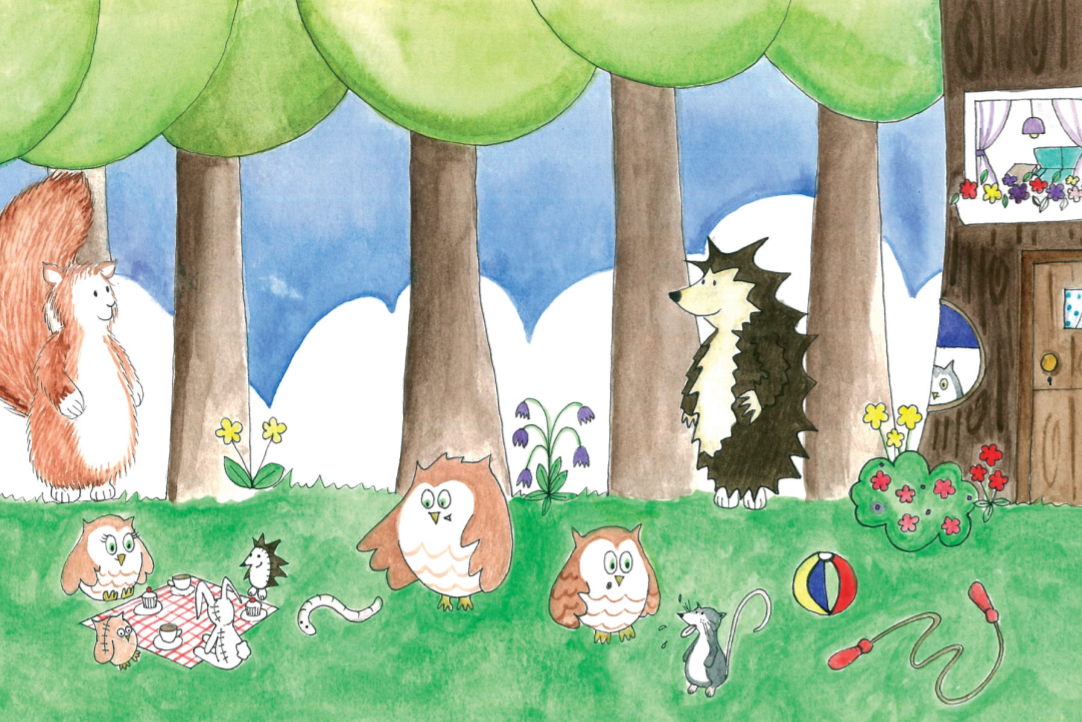 1
1Finding a forever family
Omar was a little owl. Just like other little owls he liked to read books, play hide and seek and catch worms. He lived with his little brother and sister, Claude and Olive, and all his friends at the big nest in London Wood.
One morning Omar woke up with a jingly jangly feeling in his tummy. (A feeling that wasn’t completely down to all the worms he’d eaten the day before.)
Today was a special day. Omar, Olive and Claude were going to live with Mr and Mrs Toot.
They needed Mummy and Daddy Toot to care for them because their other Mummy and Daddy couldn’t look after them.
-
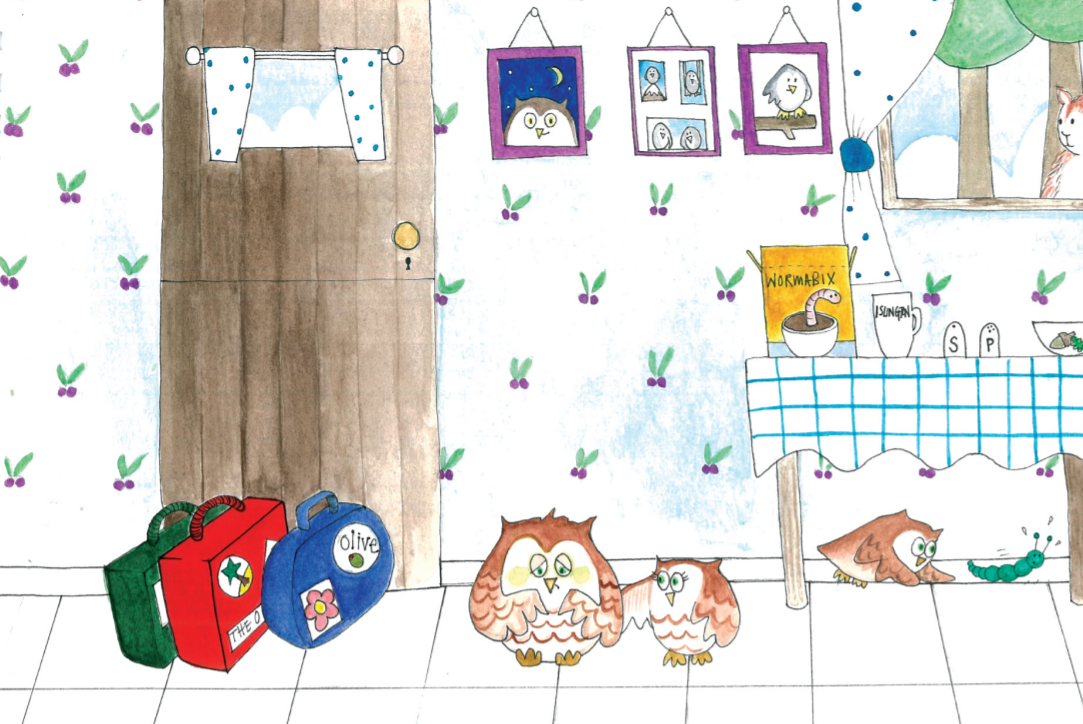 2
2A big move
Omar thought Mummy and Daddy Toot were nice enough, but he wasn’t sure how he felt about living somewhere else. He liked playing in his wood with his friends, thank you very much.
Mr and Mrs Foster, who were looking after them, and everyone else at the big nest told Omar that living with the Toots would take a bit of getting used to, and Susie Squirrel from the big nest would be popping in to make sure they were safe and happy.
This made Omar feel a little better.
-
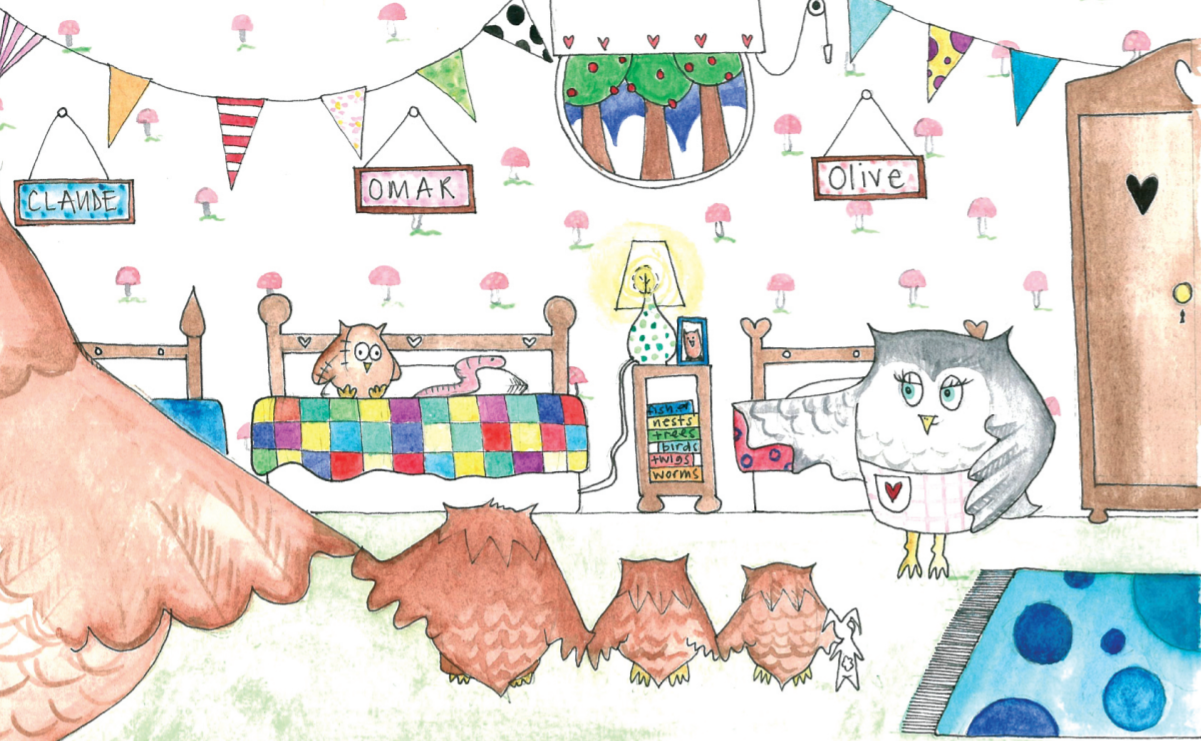 3
3Settling into your new home
When they arrived, Mummy and Daddy Toot were waiting in the doorway of their cosy home.
They showed them where they’d be sleeping. Omar was pleased to see that all his favourite toys were waiting for him on his bed.
Soon it was time for Susie Squirrel to go back to the big nest. Omar felt a little funny in his tummy again.
-
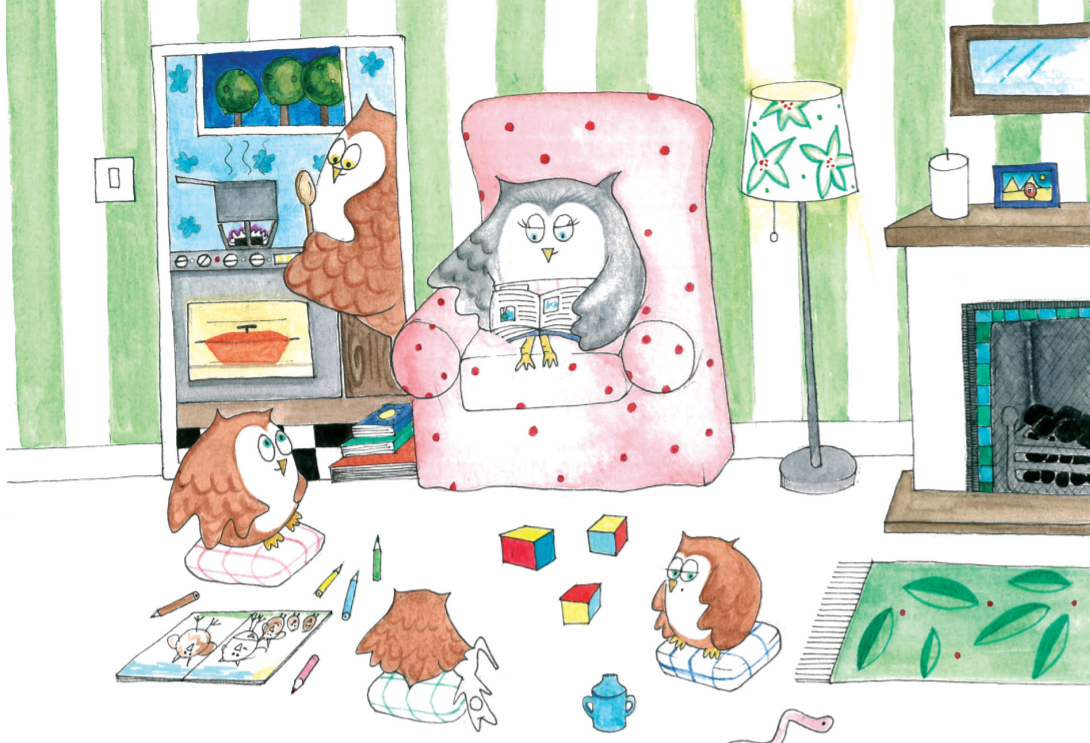 4
4Learning to trust
“Right, who’s up for catching some worms?” called Daddy Toot. “We are!” Omar, Olive and Claude said. Omar found the biggest worm, and it was the tastiest worm he’d ever eaten.
Over the next few weeks, they caught worms, played hide and seek and flew around the trees. Claude even learned to turn his head all the way round!
But the best bit was cuddling up and reading stories with Mummy and Daddy Toot. Omar, Olive and Claude were very happy and liked Mummy and Daddy Toot a lot.
-
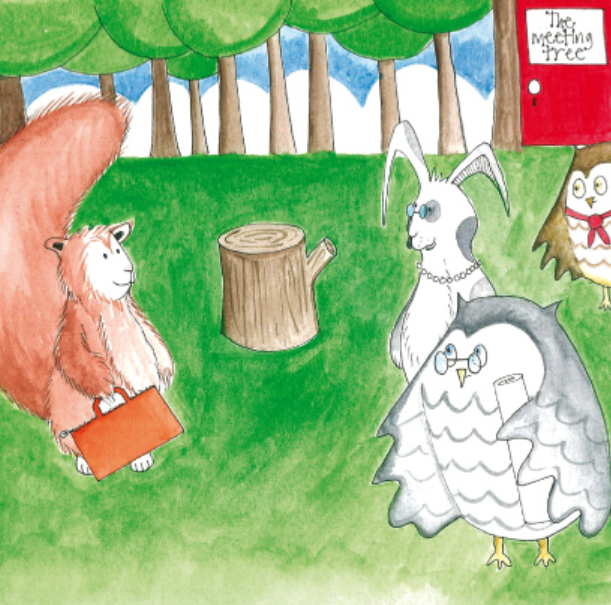 5
5Making adoption official
Susie Squirrel went to see the wise old owls and animals at the big nest, in the big tree.
She wanted to tell them all about how Omar, Olive, and Claude were getting on so that they could decide if they should stay with the Toots.
They all thought about it very carefully and agreed that Claude, Omar, and Olive should stay with Mummy and Daddy Toot.
-
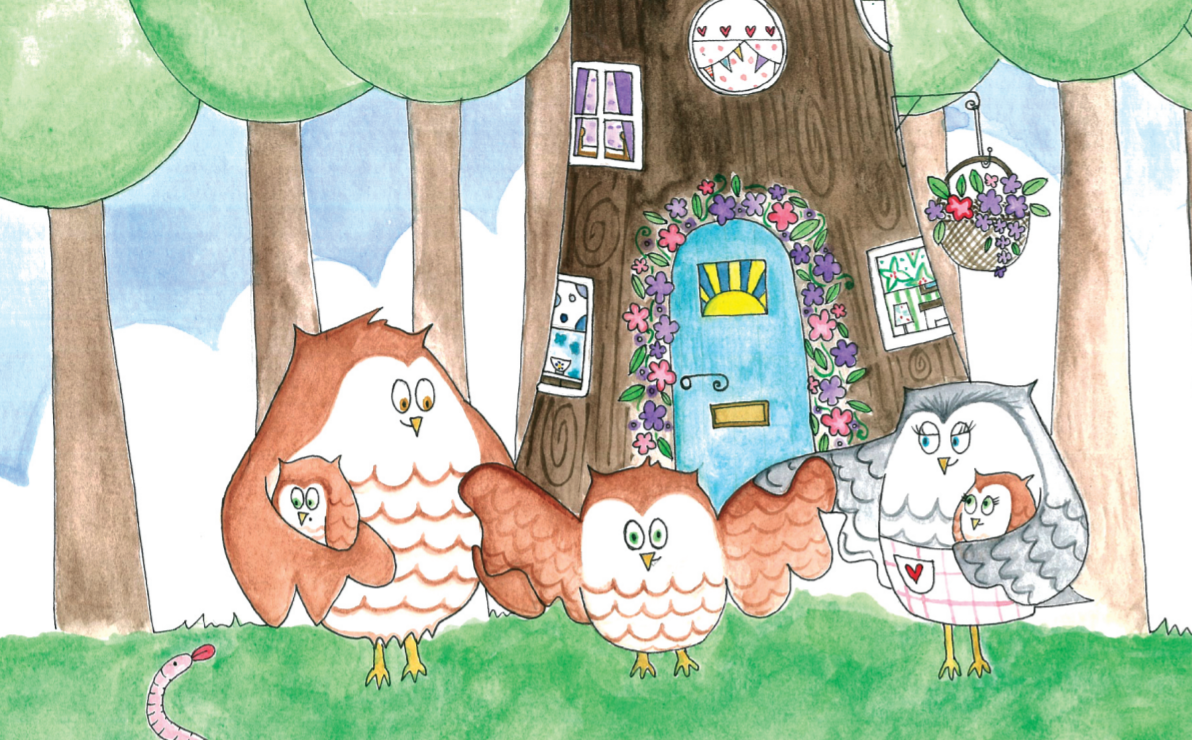 6
6Feeling secure and loved
Omar had a happy jingly jangly feeling in his tummy.
This time it had nothing whatsoever to do with worms. It was to do with being happy.
-
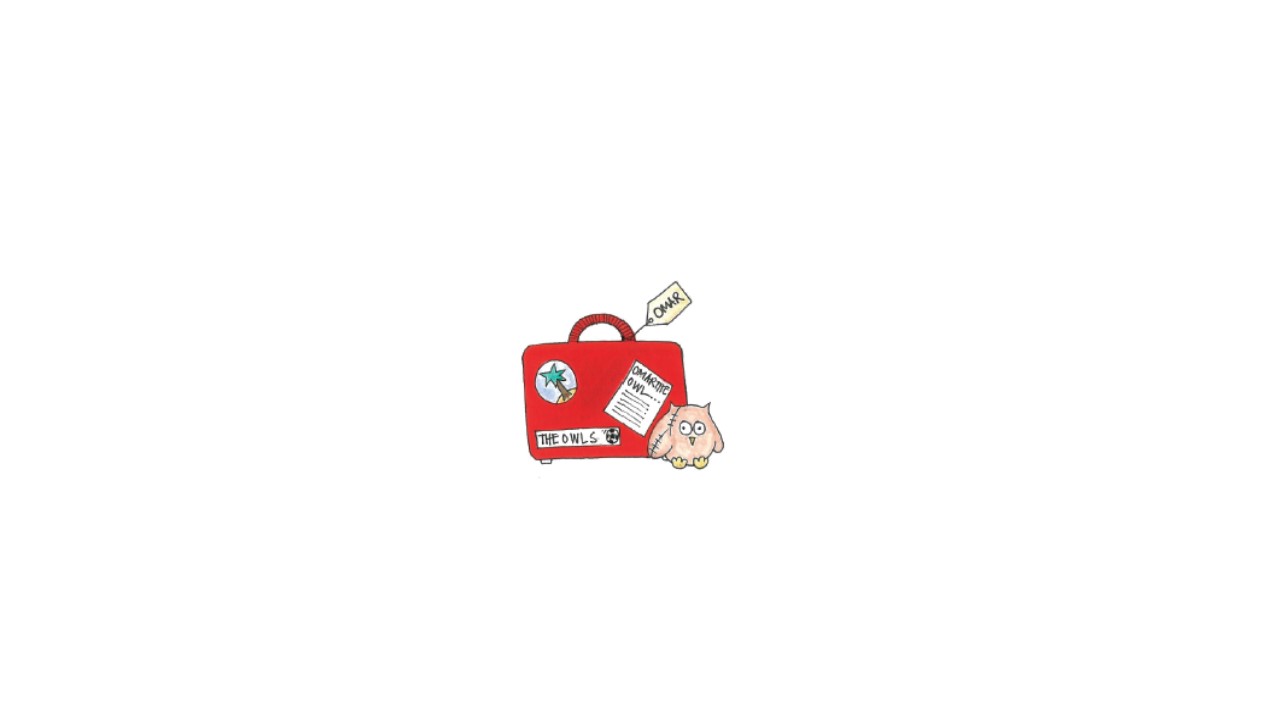 7
7If you are not happy
Ask your social worker to put you in contact with an Independent Reviewing Officer or a Child’s Advocate if you don't feel happy and want to talk about what is happening.
If you are worried and want to talk about how you are feeling and need some advice, contact Childline on 0800 1111.
You can also talk to The Children’s Commissioner who stands up for their views of children on 0800 528 0731 and email them at [email protected]
Or you can contact Ofsted on 0300 123 1231.
Adoption information for every child
This online Children’s Guide to Adoption is designed to be flexible so that it can be used in different ways and is appropriate for children of different ages and levels of understanding. It’s an introduction to the key questions that will help children understand more about adoption and address common questions such as what adoption means, who are the people making the decisions and how their life will change.
When sharing information about their move to their new family, acknowledging the child’s feelings may be more important than their understanding of the concept of adoption, and this will change over time. Whereas older children may want to have a printed copy or PDF version of the Adopt London – Children’s Guide to Adoption available so they can go through it by themselves.
Things children need to know
Once the decision is made for a child to move to their adoptive parent(s), this guide can be used to talk to children about what is happening next, including a summary of what happens at each stage and how long each stage is likely to take. There will be lots of changes to get used to and children might feel sad, worried, or scared. They might also have feelings that they do not understand. It will help if they can talk to someone about how they are feeling.
In the first instance, their foster carer should approach the child’s placing authority to contact their social worker or their Independent Reviewing Officer (IRO) who must always focus on what’s best for the child and take into account their wishes and feelings.
The Children’s Commissioner for England protects the rights of children, especially the most vulnerable, and stands up for their views and interests. They offer free and independent advice, and can be contacted on 0800 528 0731 or email [email protected]
Do you want to speak to someone?
Let us help you to find the advice you need
